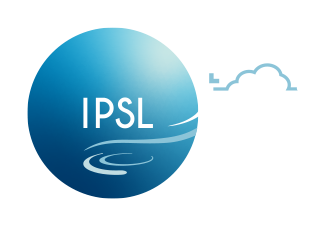Artifical Intelligence Support
ESPRI-IA is a ESPRI task force dedicated to coordinate services around Artificial Intelligence, especially machine learning and deep learning. ESPRI-IA aims at stimulating synergies in artificial intelligence at IPSL, by:
- Mutualising resources for artificial intelligence at IPSL,
- Consulting for software and artificial intelligence development methods and best practices,
- Enhance the value of machine learning codes developed at ESPRI.
ESPRI-IA is associated with SAMA theme and together they are part of the Sorbone Center for Artificial Intelligence (SCAI). ESPRI-IA and SAMA are complementary: ESPRI-IA focuses on engineering consulting, while SAMA is interested in scientific applications of AI for environmental research.
Expertise
Technical and methodological support comes mainly from the community, which can also count on ESPRI-IA members for help in the following areas:
- Machine learning and deep learning methodology,
- Data processing engineering,
- Computing facilities,
- Software engineering,
- Parallelization and distribution of computations.
Contact
For example, you would like to:
- Solve a Python implementation problem in your AI project,
- Check the relevance of your AI methodology,
- Understand a particular point of a machine learning modeling method,
- Parallelize a particular region of your Python code,
- Choose between several Python libraries.
We invite you to join the Slack workspace “ESM ML Journal Club” accessible at this address, to expose on the channel #espri-ia-c2c (Community2Community) the context of your problem and discuss with the IPSL AI community. But don’t forget to consult the IPSL mesocenter documentation, and in particular that of the HAL GPU cluster, before contacting us.
If you have any questions about the organization and missions of ESPRI-IA, or would simply like to join us, please contact the ESPRI-IA coordinator (see the list of members).
Members
ESPRI-IA welcomes all IPSL engineers and researchers wishing to take part in leading the AI community of the IPSL laboratory federation. The following list shows the current members of the group (June 2023). The coordinator is the person leading the group and your contact if you wish to know more about the group (apart from a request for help, otherwise see contact).
- Laurent Barthes (LATMOS),
- Anastase Charantonis (ENSIIE/LaMME),
- Aymeric Chazottes (LATMOS),
- Adriana Coman (LSCE),
- Yann Delcambre (LATMOS),
- Sébastien Gardoll (IPSL) – coordinateur -,
- Maya George (LATMOS),
- Nicolas Gourgue (Climaviation),
- Guillaume Levavasseur (IPSL),
- Redouane Lguensat (LOCEAN),
- Cécile Mallet (LATMOS),
- Carlos Mejia (IPSL/LOCEAN),
- Karim Ramage (IPSL),
- Sven Rodriguez (IPSL),
- Soulivanh Thao (LSCE),
- Sylvie Thiria (LOCEAN).
Webinaires
ESPRI-IA organizes webinars on deep learning engineering topics. Here are past occurrences. To keep abreast of upcoming webinars, you can subscribe to this mailing list.
- Sébastien Gardoll: storage formats (05/24/2023), slides & video,
- Redouane Lguensat: eXplainable Artificial Intelligence (02/22/202), slides & video,
- Anastas Charantonis: Attention mechanisms (01/09/202), slides & video,
- Yann Delcambre et Sébastien Gardoll: Machine learning and the HAL GPU cluster (05/26/2020), slides & video.
Formations
The following section gathers links to training courses, course materials, tutorials and articles on the subject of AI and Machine Learning in particular. IPSL’s Machine Learning training courses are online, free of charge and offered by Fouad Badran, Cécile Mallet, Awa Niang and Sylvie Thiria:
- FIDLE: Introduction to Deep Learning (Web site),
- Introduction to artificial neural networks (session),
- The perceptron model and the linear separability (session),
- The multilayer perceptron:
- Introduction to self-organized maps (session),
- Training courses on self-organized maps (session 1, session 2, session 3).
Resources
The following section gathers the link to web pages that describes useful resources:
- IPSL/SCAI AI internships,
- GPU clusters,
- ESPRI-IA Gitlab repository usage.

